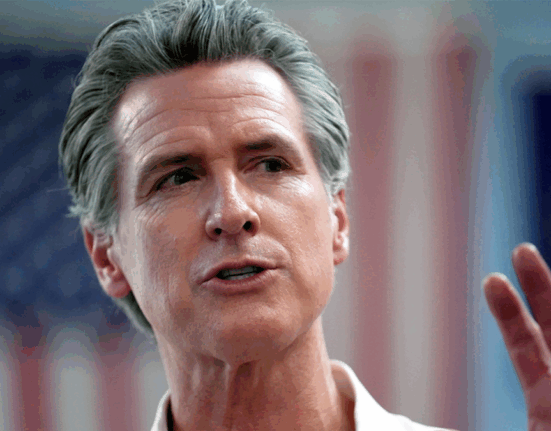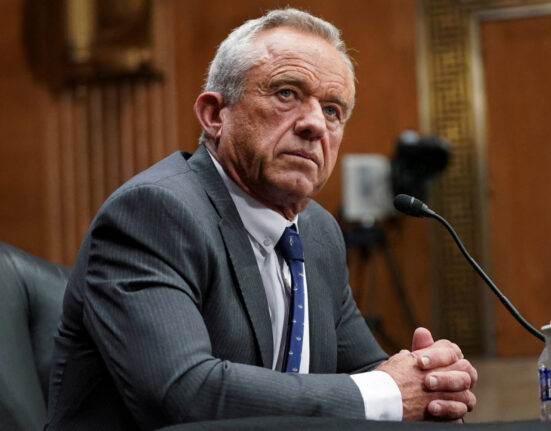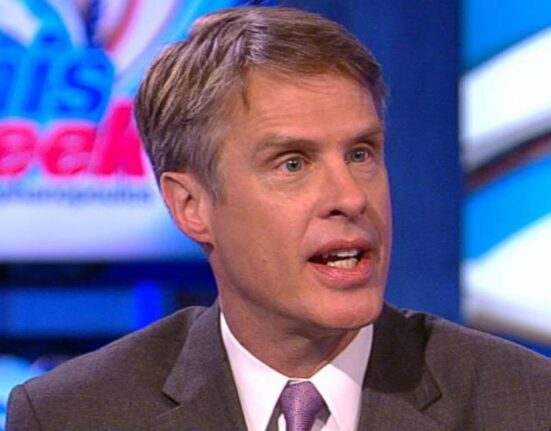Labor and the Coalition are gearing up for a showdown in Australia’s upcoming election, each armed with a distinct set of policies that go beyond mere economic promises. As the nation braces for a crucial decision-making period, let’s delve into the intricacies of what these political heavyweights have laid out on the table.
Energy, Climate, and Environment:
Labor is championing an ambitious plan to push for an electricity grid target of 82% renewables by 2030 and aims to slash emissions by 43% compared to 2005 levels. Additionally, they are committed to providing substantial relief on energy bills through extended subsidies for households and small businesses until 2025.
The Coalition, on the other hand, has its focus elsewhere. They are eyeing an east coast reservation scheme that would mandate LNG producers to allocate more supply for domestic consumption. Their strategy also includes reviving Scott Morrison’s proposal to halve fuel excise rates and investing heavily in gas projects.
Expert Insight: Analysts suggest that Labor’s renewable energy push aligns with global sustainability trends, while the Coalition’s emphasis on gas projects reflects a more traditional approach to energy security.
Housing Policies:
In a bid to address Australia’s housing affordability crisis, Labor has pledged $10 billion towards constructing 100,000 properties exclusively reserved for first home buyers. They are also expanding schemes like Help to Buy that allow buyers to secure homes with minimal deposits.
Conversely, the Coalition is proposing tax deductions on mortgage payments for new homebuyers and permitting early access to superannuation funds for property purchases. Their vision includes significant investment in infrastructure at new housing sites with the potential of creating up to half a million new homes.
Expert Insight: Economists warn that while these housing policies aim to assist first-time buyers, there is a looming concern about potential inflationary pressures on property prices due to increased demand.
Health Initiatives:
When it comes to health care reforms, Labor has earmarked $8.5 billion towards enhancing bulk billing rates, mental health services, and women’s health programs. They aspire to make vital medications more affordable by capping prices under the Pharmaceutical Benefits Scheme (PBS).
The Coalition mirrors several of Labor’s healthcare pledges but plans additional measures such as doubling subsidized mental health sessions and funding youth mental health services extensively. However, their strategy involves cutting public service jobs as part of cost-saving measures.
Expert Insight: Health experts emphasize the importance of sustained funding in mental health services given the rising prevalence of psychological issues among Australians post-pandemic.
Taxation:
On the taxation front, Labor intends to introduce progressive cuts in income tax rates over successive years aimed at benefiting low-income earners significantly. Conversely, the Coalition proposes immediate one-off tax refunds for middle-income groups along with incentives like offsetting mortgage interest against taxes.
The Greens advocate for taxing excess profits of large corporations and implementing levies on billionaire wealth as part of their taxation agenda aimed at addressing income inequality and fostering social welfare programs effectively.
Expert Insight: Tax specialists argue that striking a balance between revenue generation mechanisms and equitable distribution remains pivotal in sustaining long-term economic growth without burdening specific segments disproportionately.
As Australia gears up for this consequential election where cost-of-living concerns take center stage alongside critical policy decisions across various sectors like energy transition, housing accessibility initiatives…








Leave feedback about this